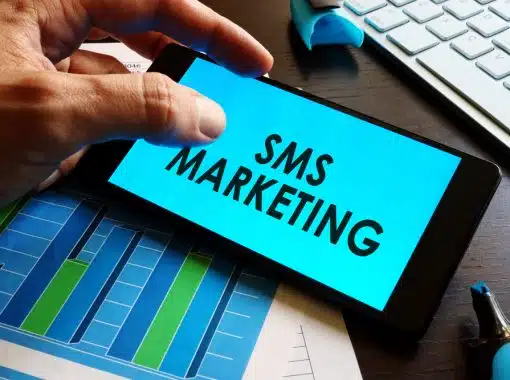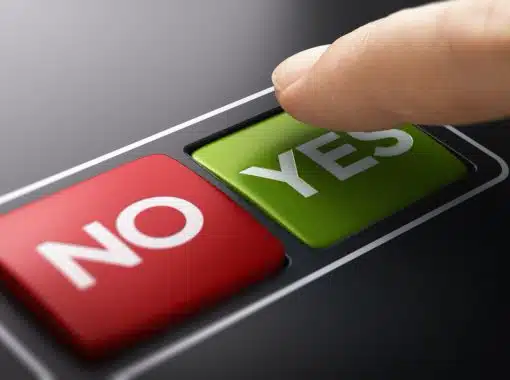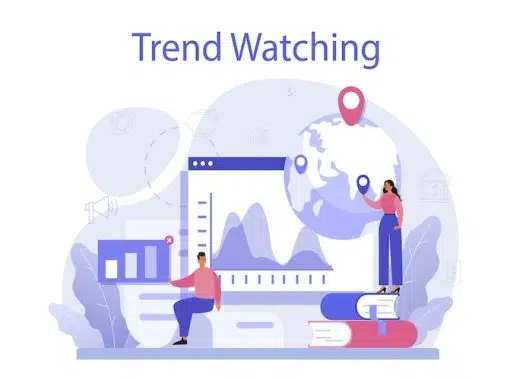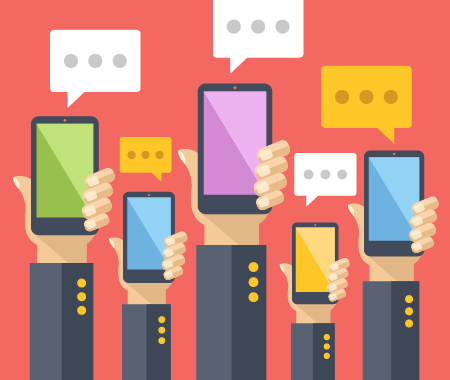
If you run a service-based business in an industry such as healthcare, cosmetic, tax prep, veterinary, or grooming service, you understand how no-show appointments can take a chunk of the potential earnings for your business or your practice. Fortunately, automated appointment reminders can remind customers about their appointment times, advise them of wait times, and even encourage them to check in before their appointments.
These automated reminders require minimal staff administration, making them cost-effective and reducing lost revenue. This also saves your staff from having to make additional phone calls to follow up on patient appointments and to track down patient no-shows.
Why Do Customers and Patients Miss Appointments?
Customers and patients miss appointments for many reasons. They could have entered the appointment into their phone wrong, they didn’t get their self-set reminder, plain forgetfulness, or they’re embarrassed and just don’t have the money for the agreed-upon service that day.
When the healthcare system is involved, it might mean that an insurance company has failed to authorize an appointment or procedure or that the insurer hasn’t spoken with the patient or the medical practice, and the patient is concerned that their upcoming appointment won’t be covered.
Many patients are also more comfortable canceling via text versus phone, making text communication, in general, a big advantage when it comes to medical practice management — especially for high-volume primary care facilities.
Get a Trusted 800 Number for Appointment Reminders
The most effective appointment reminders occur a few days in advance of the appointment before any no-show rates can apply. This allows the customer to cancel or reschedule their appointment without incurring a fee, incentivizing them to do so if they are unable to make the scheduled appointment.
Text messages should ask the customer if they’d like to reschedule, then provide them with further instructions, such as, “Our office will call you within 48 business hours to reschedule. Thank you for letting us know you cannot make this appointment.” This type of friendly message minimizes the stress and guilt a customer might feel and encourages them to look forward to their next appointment.
In addition to appointment reminders, customers can confirm their appointments via text, change the time of a medical appointment, or leave text messages during closed office hours for your healthcare practice to get to the following day.
In addition to functioning as a reminder system, automated messages can remind patients of their appointment policy and enable customers when a new appointment becomes available, even same-day, thanks to another patient who may have canceled their time slot over SMS.
Always encourage your customers to save your business phone number in their contacts so they get an alert when you text them. You can do this with a simple reminder text after they opt-in to receive appointment reminder updates.
Set a Fee for No Shows
No-show rates can deter customers and patients who might miss their scheduled appointments. Setting clear no-show fees and communicating this to patients when they receive their HIPAA forms is an ideal way to reduce patient no-shows in the healthcare industry. This works for in-person appointments and telehealth appointments.
The fee presents a consequence for a no-show — and if you’re concerned it sounds harsh, you can give your staff the ability to waive the first missed appointment or keep the fee minimal.
You can also set additional reminders for patients who have previously missed appointments, as a history of missed appointments is a strong indicator of future occurrences.
The Results of Automated Text Appointment Reminders
Many customers list text messaging as one of their preferred communication methods. In particular, Gen X, Millennials, and Gen Z prefer text messaging to phone calls. By contacting them through their preferred method, you’re ensuring that appointment scheduling enhances the patient experience. You can also stay in touch with patients and customers, enhancing the volume of services booked through best SMS marketing practices.
Patient communication is also stronger when text messaging is available, as many patients can’t call during the work day but have time to answer a simple text. You can set your business phone up to handle automated tasks such as appointment confirmation while ensuring customer replies still reach your office staff for optimal patient engagement.
Bottom line: text messaging is critical for healthcare organizations and other service-based providers. Combined with a strong no-show policy, text reminders and text-based communication can increase patient satisfaction, speed up the patient scheduling process, and greatly reduce patient no-show rates.











